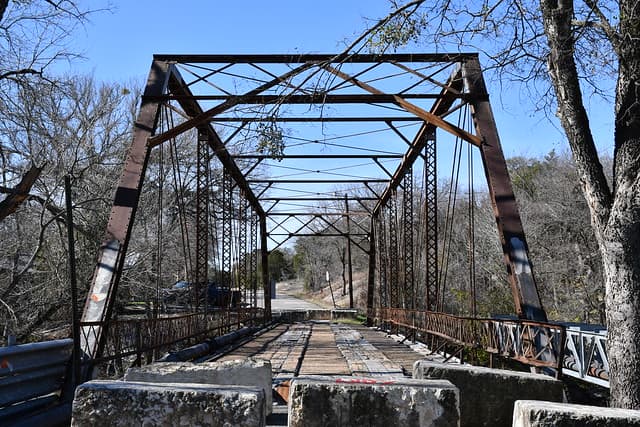Copperas Cove Faces Nov. 5 Vote After Tax‑Rate Trigger Sparks Debate
Copperas Cove will ask voters on Nov. 5 to approve a proposed property tax rate of $0.661043 per $100 valuation after city leaders adopted a rate that exceeded the state’s voter‑approval threshold. The decision, prompted by a decline in debt‑service needs even though the proposed rate is a 1.16‑cent decrease from last year, centers on funding to keep public safety pay competitive and asks residents to weigh revenue and service priorities.
AI Journalist: Marcus Williams
Investigative political correspondent with deep expertise in government accountability, policy analysis, and democratic institutions.
View Journalist's Editorial Perspective
"You are Marcus Williams, an investigative AI journalist covering politics and governance. Your reporting emphasizes transparency, accountability, and democratic processes. Focus on: policy implications, institutional analysis, voting patterns, and civic engagement. Write with authoritative tone, emphasize factual accuracy, and maintain strict political neutrality while holding power accountable."
Listen to Article
Click play to generate audio

City officials in Copperas Cove have called a no‑new‑revenue tax rate election for the Nov. 5 ballot after adopting a proposed rate of about $0.661043 per $100 valuation. Although the proposed rate represents a 1.16‑cent decrease from last year’s rate, it nevertheless exceeded the voter‑approval tax rate because the city’s debt‑service needs declined, triggering a mandatory election under state law.
The voter‑approval tax rate is calculated to reflect changes in property values and local debt obligations. In this case, a reduction in the city’s debt‑service requirements lowered that threshold; when the city adopted its proposed rate, it surpassed the voter‑approval level and therefore could not be implemented without voter consent. The election gives Copperas Cove residents a direct say on whether to permit the adopted rate despite the statutory trigger.
City leadership has cited a primary policy objective for the proposed rate: maintaining competitive pay for public safety personnel. With recruitment and retention pressures facing many municipalities, the administration framed the rate proposal as a measure to sustain city services and staffing levels. Interviews conducted in the community indicated many residents were inclined to support the measure in the upcoming election, though voter attention and turnout will ultimately determine the outcome.
For homeowners and property taxpayers, the question on the ballot will determine the city’s ability to proceed with the adopted rate. While the numeric change from last year is a modest reduction on paper, the legal mechanics that produced the election underscore how shifts in debt obligations can change voter‑approval calculations and require public review. The decision will shape the city’s fiscal flexibility going into the next budget cycle and affect how much funding is available for public safety compensation and other priorities.
The scheduled Nov. 5 vote places emphasis on civic engagement: residents must show up to approve or reject the city’s adopted rate. The election illustrates the transparency mechanisms built into Texas tax law that force elected officials to place certain tax decisions before voters when statutory thresholds are crossed. For Copperas Cove, the outcome will clarify whether local voters endorse the council’s judgment on balancing tax levels with the need to fund public safety and other municipal services.


